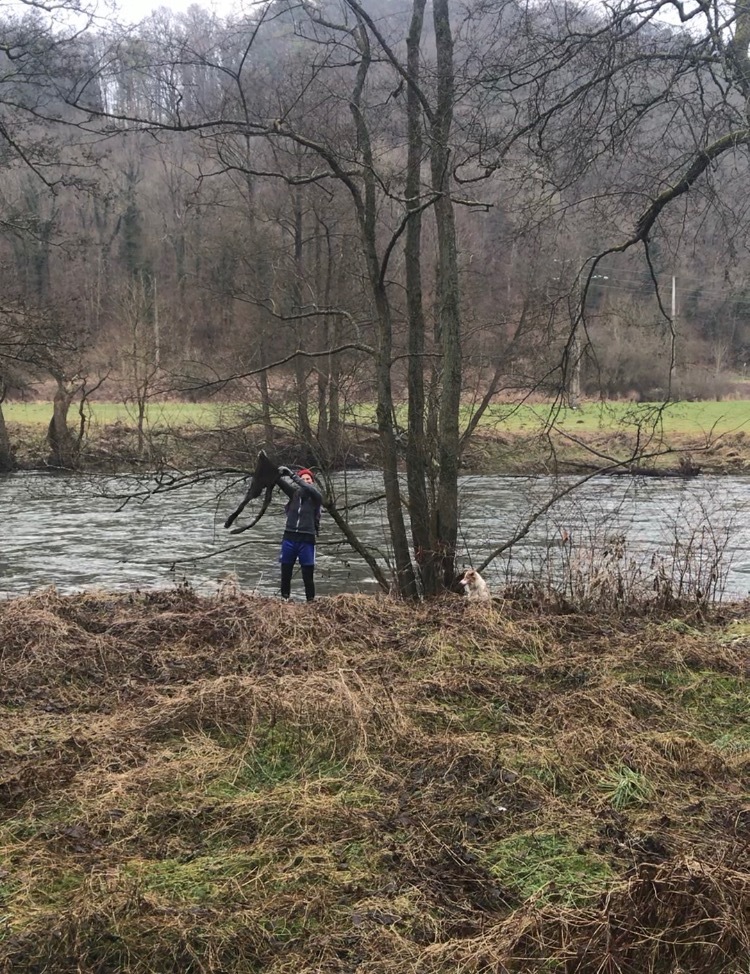
Introduction
River Cleanup was founded in Belgium in 2019, and our headquarters and many of our projects are still located there. Although plastic pollution is less obvious in nature in Belgium, there is still a lot of work to be done. We work mostly on spreading awareness about plastic pollution by working together with schools and companies. Our HQ team, which currently has 11 members, also supervises, advises and supports international projects and programs.
Our Clean River Model
The Clean River Model is an open-source theory of change for plastic-free rivers. It is comprised of three pillars and three enablers. Through this model we aim to turn off the tap on new plastic pollution and clean up existing plastic pollution most effectively and cost-efficiently. Below you can find out how we implement our Clean River Model in Belgium. For more information on the model, visit the Clean River Model page.

Empower people
The empower pillar focusses on making people understand that plastic pollution is a problem and cultivating a sense of responsibility to motivate them to be part of the solution. We do this in different ways. Through cleanups, such as our World Cleanup Day events, the #10minchallenge, team cleanups with inspiration sessions and River Cleanup Days in Temse, we try to open people’s eyes to the severity of the problem. With our educational program, we seek to teach children about the plastic problem and to let them come up with creative solutions to reduce the use of plastic in their own school environment. Lastly, the River Cleanup University Cup rewards students that lead the way in sustainability and raises awareness around the plastic problem on campus.
-medium.jpg)
Prevent pollution
The prevent pillar is all about preventing plastic and other waste from polluting our environment. Plastic that is never created, will never end up in nature. That’s why we encourage everyone to reduce their plastic use and to shift towards low-waste or reusable alternatives. We have created a comprehensive database to help with this! We also clean up so called hotspots -places where a lot of trash has accumulated- and jump into action after natural disasters to stop pollution before it spreads, like we did in Wallonia after the floods of 2021. We are now launching the River Cleanup Response Unit to strengthen our procedures in this regard, so we are fully prepared when disaster strikes again.

Accelerate change
Change is coming, but it has to come sooner rather than later. That is why we focus on accelerating change by doing advocacy work. The data we gathered from different sources, like the brand audits, River Watchers and Drone Project Scheldt, will be used to come up with short-term remediations and structural solutions. Then, we will work with policy makers and companies to implement them. We do all this in collaboration with like-minded organizations, both nonprofit and for-profit.
-medium.jpg)
Assessment
The assessment enabler exist to ensure that we work in a way that is data-driven and tailored to the local conditions. In Belgium, we are running two projects to gather data with help from the public so we can work efficiently and effectively. The Drone Project aims to map 125 km of the banks of the Scheldt river and with the help of AI produce heat maps to identify the most polluted areas. The River Watchers project has a similar goal, but is even more accessible, as you only need a smartphone to participate. With this project, we encourage the public to take pictures of litter, which are then processed by AI to produce an interactive litter map. Additionally, we collect data through brand audits, where we document the types of items we find and who produced them, helping us better understand which waste that ends up in nature. All this data will guide our efforts to combat plastic pollution.

Planning & financing
Ensure the successful execution of the Clean River Model by developing a detailed, river-specific action plan and securing the necessary funding. Based on insights from the assessment, the action plan outlines specific interventions and effective project organization to realize the deliverables and mitigate risks.

Monitoring & Evaluation
We focus on tracking the progress and effectiveness of the Clean River Model interventions by regularly monitoring key performance indicators (KPIs) and evaluating outcomes against established baselines.
River Cleanup Belgium in numbers
- 369
- Events
- 11 937
- Warriors
- 275 053
-
kg waste
 These stats contain Collected & Recovered trash
These stats contain Collected & Recovered trash
-
Collected= 0 kg
Recovered= 275 053 kg
join a cleanup
The River Cleanup Community organizes cleanups all over Belgium! In many cases the organizer provides cleanup material and guidance… so you only need to show up and get involved. Several times a year we have large events happening such as World Cleanup Day and monthly River Cleanup Days in Temse as part of the Inspire Project. And you can also take part in the 10 minutes challenge!
Check out the calendar below for upcoming events or take a look at the map to get a good view of actions around the world!
Organize a cleanup
You can also organize your own cleanup! It can be just you alone or you can involve friends, colleagues, local schools and/or community members… You set the time and locations and organize the event however you want. For more information, you can visit our 'How to organize a cleanup' page. We promise it's easier than you think!
To organize a cleanup right away, click the button!
Upcoming Cleanups

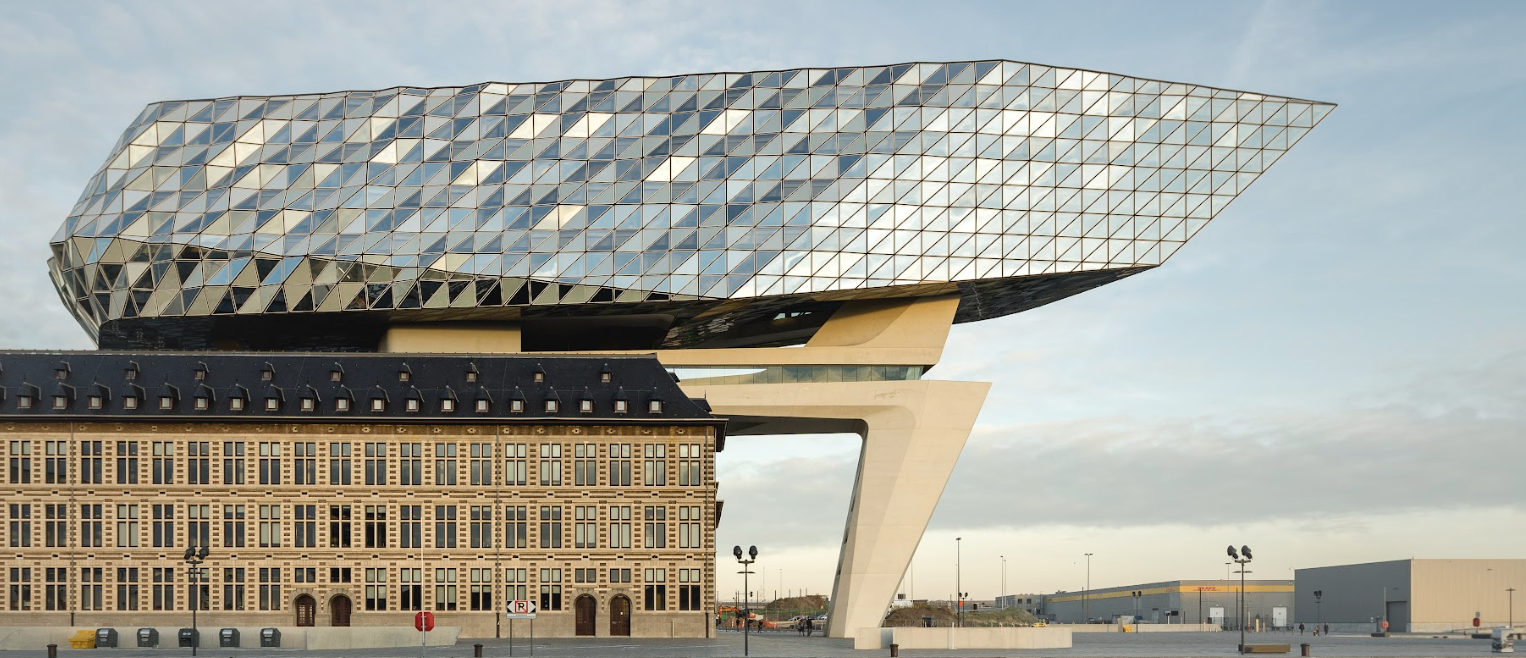
Impact Event (Invite Only)
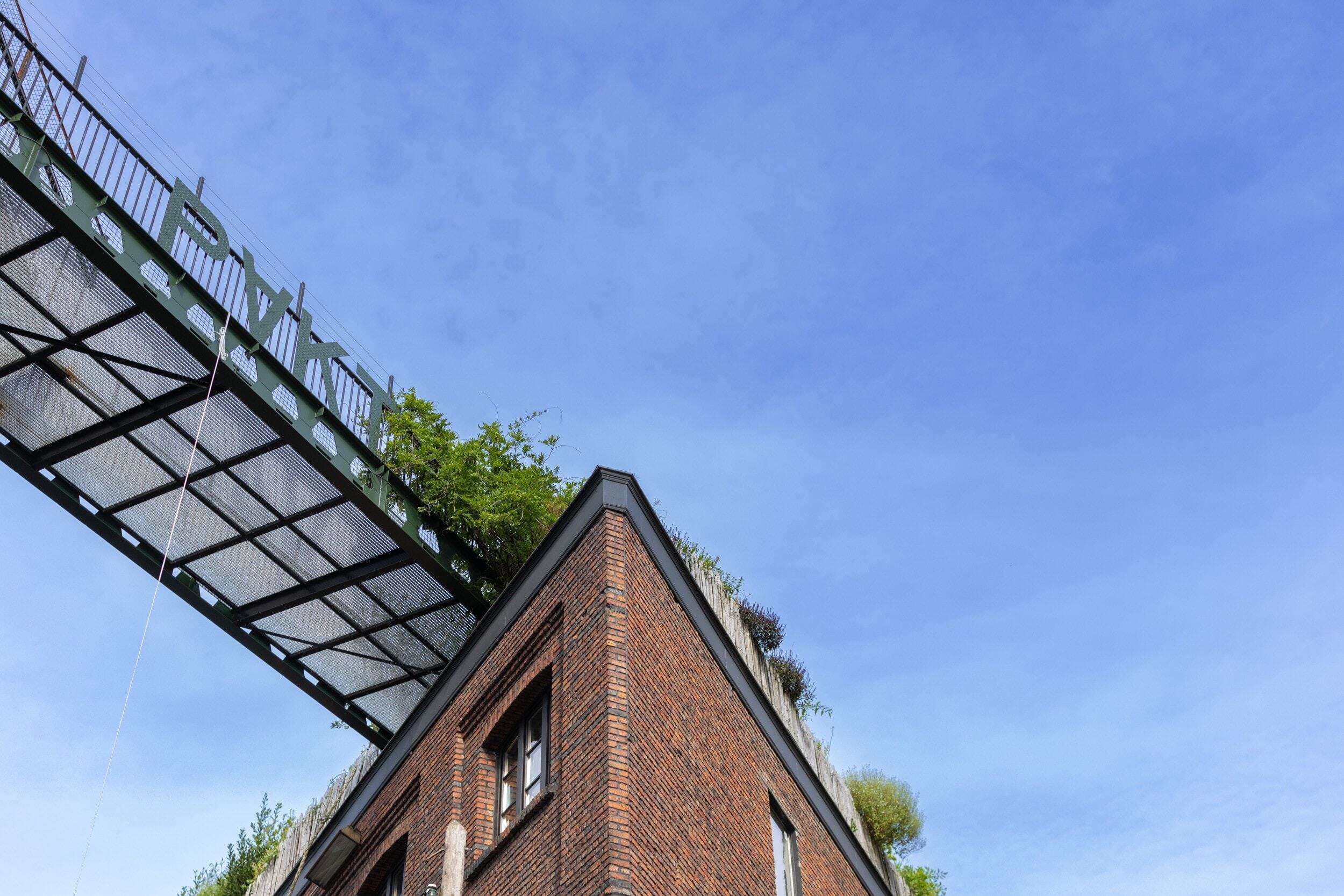
Max test voor Seba 29oct 15u10
Organize your own cleanup
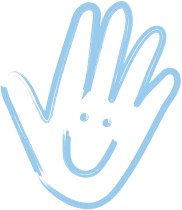
Start by giving your cleanup a name and fill in your email address so that we can identify you or let you create an account in a later step.
News

Citizens track litter with AI in innovative project by VITO and River Cleanup
River Watchers turns every smartphone user into a litter detective in new citizen science project
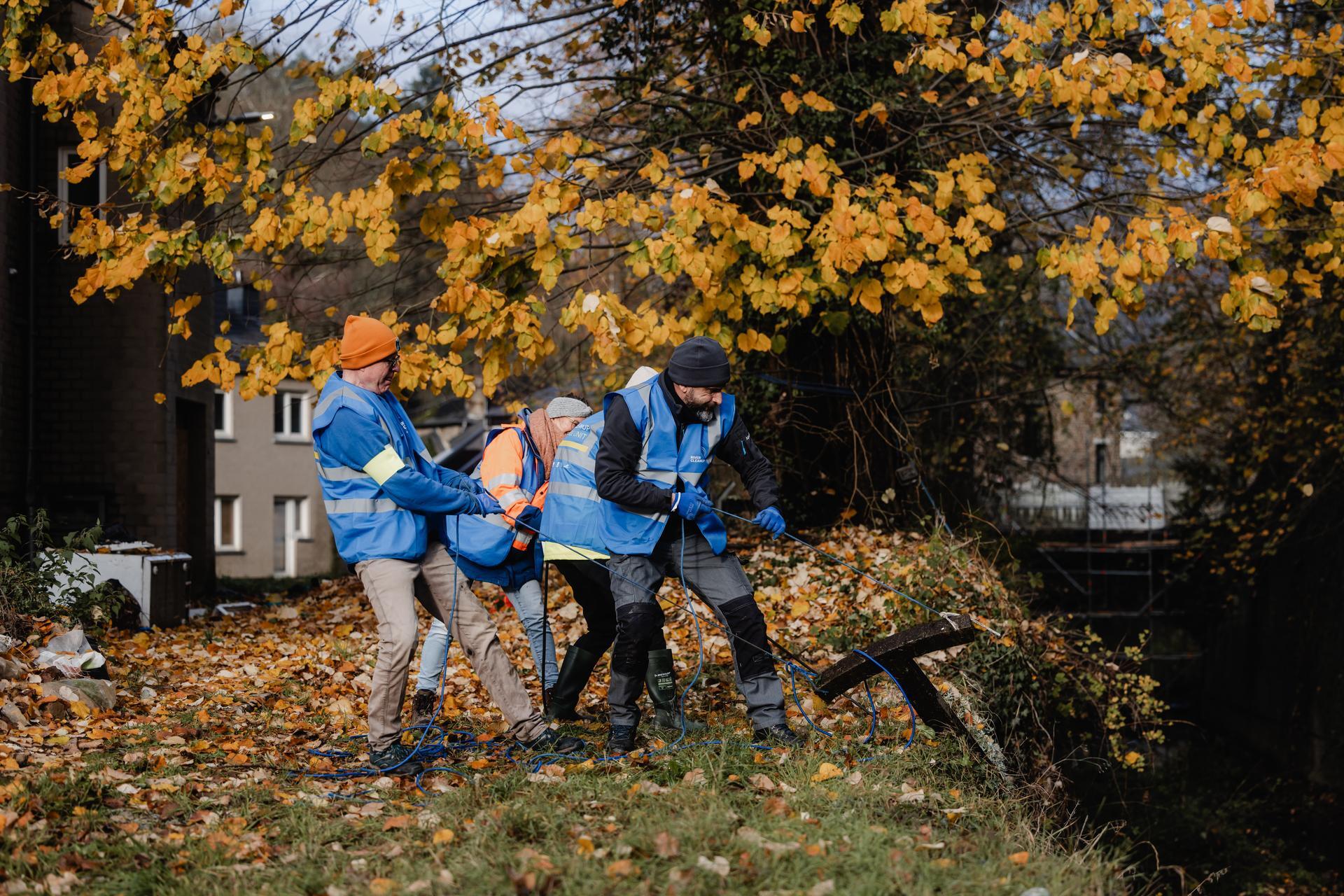
River Cleanup Launches Rapid Response Unit to Remove Flood Debris Faster
New team targets post-flood waste to protect communities and ecosystems

VITO, River Cleanup, and VLIZ tackle pollution of the Scheldt together in a European pilot project
VLIZ, VITO and River Cleanup joined forces with INSPIRE, a European pilot project that tackles plastic pollution in rivers in an innovative way.
Meet the team
3 ways to contribute to this project

Join a cleanup
Have a look on the map above or at the upcoming events. Many cleanups are organized around the world. Find one close to you and join the cleanup!

Organize a cleanup
Thinking about doing your own cleanup? Register it here on the website so other people can see it. You can also upload photos and share your experience with the River Cleanup community.

Donate
You can make a one-off or monthly donation or organize a fundraiser, for example for your birthday, wedding or an important sport event. Your contribution enables us to achieve our mission by cleaning rivers, change behavior and transforming organizations.


-responsive.jpg)


-responsive.jpg)


-responsive.jpg)







